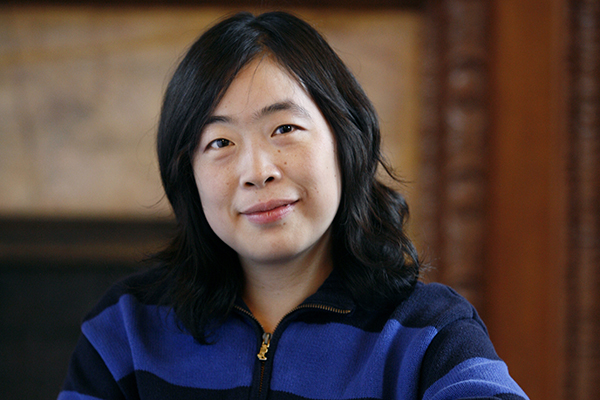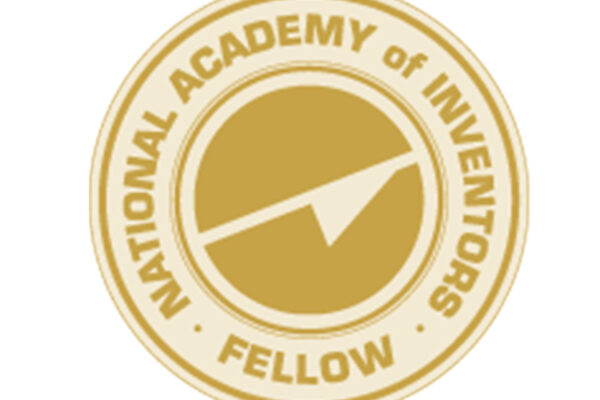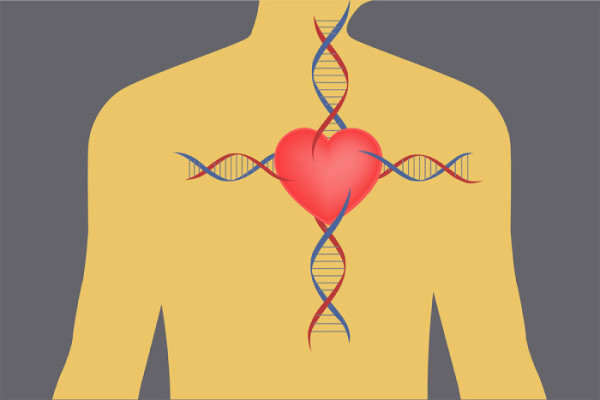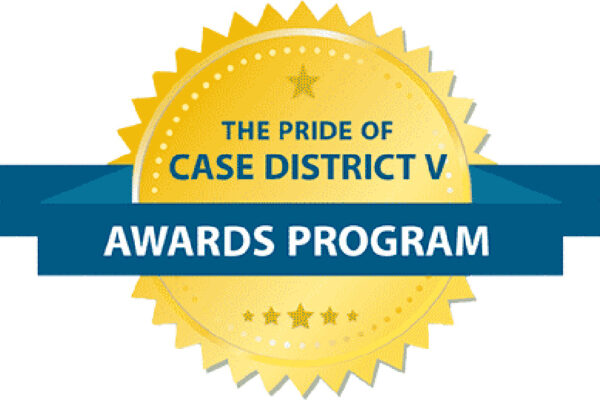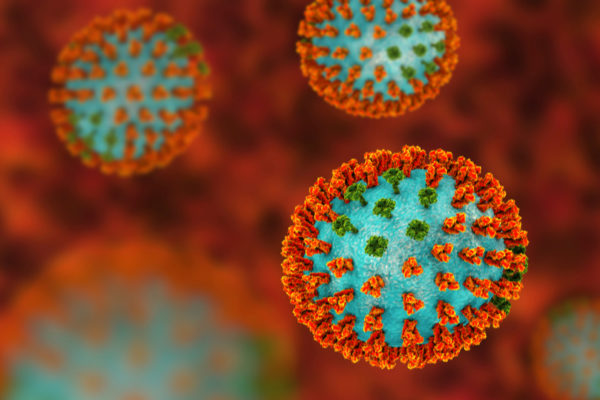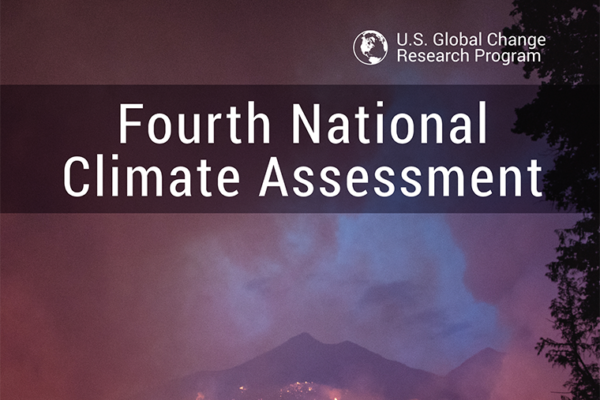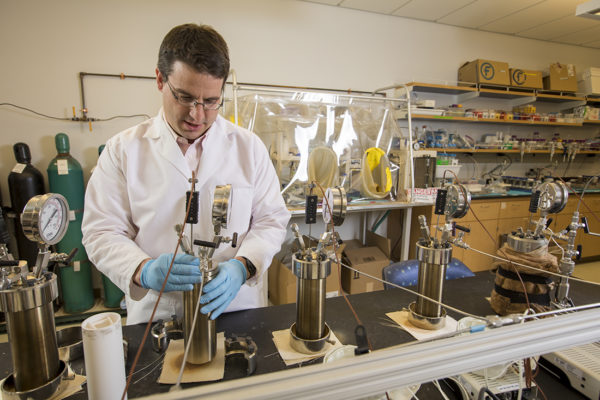Yang named editor-in-chief of Photonics Research
Lan Yang has been named editor-in-chief of Photonics Research, which publishes fundamental and applied research progress in optics and photonics.
Two faculty members named National Academy of Inventors fellows
Jeffrey I. Gordon, MD, of Washington University School of Medicine in St. Louis, and Yoram Rudy, of the School of Engineering & Applied Science, and have been selected as National Academy of Inventors fellows. They will be inducted in April at a ceremony during the academy’s annual meeting in Houston.
Edging closer to personalized medicine for patients with irregular heartbeat
An international team, including faculty from the School of Engineering & Applied Science at Washington University in St. Louis, has used genetic phenotype to determine which patients would benefit the most from a commonly used drug treatment.
Engineering communications team wins awards at CASE V
The School of Engineering & Applied Science’s communications and marketing team recently won five awards in the Pride of CASE (Council for Advancement and Support of Education) V competition.
McDonnell Scholar wins Three Minute Thesis competition
Graduate student and McDonnell International Scholars Academy scholar Po-Cheng Lin delivered the winning presentation at the Three Minute Thesis competition, held at the McDonnell Academy’s 7th International Symposium in Beijing.
Engineering project wins NASA prize
A collaboration between Washington University in St. Louis and Applied Particle Technology (APT), a company founded by university alumni, won the NASA Earth and Space Air Prize competition.
Flu’s clues: A new approach to studying influenza
A new paper co-authored by the School of Engineering & Applied Science’s Michael Vahey on a new way to study influenza gives researchers insights into how this virus remains so successful in humans — and ultimately how to fight it.
WashU Experts on the Climate Assessment
Washington University in St. Louis experts from all corners of academia long have been studying climate change in the context of their own fields. Here is a sampling of their perspectives on the National Climate Assessment released Nov. 23.
WashU Expert: Climate Assessment makes clear the cost of inaction
The many scientists behind the National Climate Assessment, released the day after Thanksgiving, have provided something of a price tag, says a Washington University in St. Louis expert on mitigation and sequestration.
The Discoverer: Lan Yang
Lan Yang, Washington University in St. Louis research scientist, has a passion and persistence for photonics.
View More Stories
